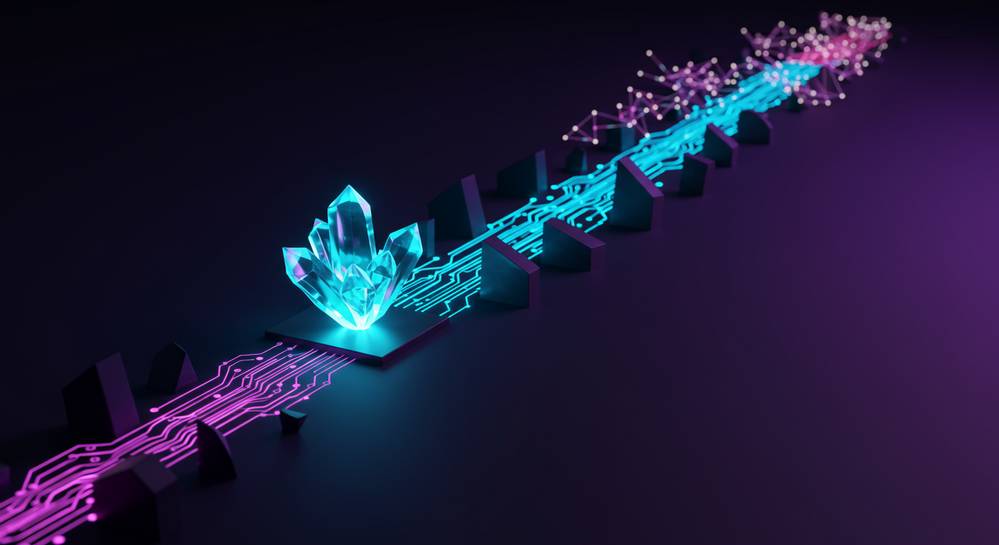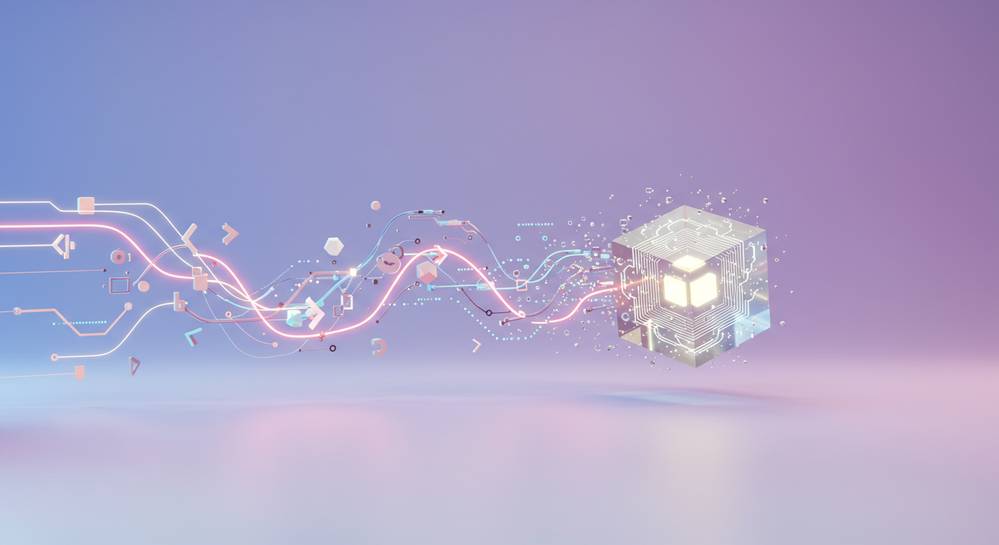How can blockchain improve security in voting systems? Imagine casting your vote knowing it’s safe as a vault. With hacking stories on the rise, it’s time we talk about blockchain, security’s new best friend. This powerful tech can lock down our votes. Here, I’ll show you how blockchain isn’t just for crypto geeks – it’s a game-changer for voting. Ready to see how? Let’s dive deep into the blockchain world and boost that voting armor!
Exploring the Capabilities of Blockchain Technology in Elections
Enhancing Voter Privacy and Anonymity
Election day comes, and I get in line, feeling the weight of my civic duty. In the booth, I pick who will lead, but I don’t want my choice to be seen by prying eyes. This is where blockchain keeps my secret safe. No one can link my name to my vote. How does it work? Simple. Blockchain gives me a secret code only I know. I vote, the code goes on the blockchain, but it’s just a jumble of numbers and letters to anyone else. Yet, it stands there strong, proving my vote is counted without ever showing my hand.
Inside the world of blockchain, privacy and secrecy thrive. When I vote using blockchain, my details stay hidden. The system uses smart, tough math, cryptography, to lock away my identity. Only I hold the key to that secret. It feels like sending a locked safe through the mail. Everyone sees it pass by, but nobody knows what’s inside.
Ensuring Vote Integrity with Decentralized Platforms
But what about tricksters who want to mess with votes? We can’t let them play games with our future. That’s where decentralized voting jumps in to save the day. Picture a big book of votes, but instead of one, there are thousands, all the same, spread across the globe. You try changing a page in one book? The others won’t match, and boom, we catch you. It’s like having a whole army watching to make sure every vote stays perfect.
This magic comes from the might of many, a network that stands united but spread out. A change in one place must pass the test, agreed upon by the rest. We call this consensus. And it’s no easy feat to fool all at once. It’s like a game where changing the rules mid-game means you’d need to ask each player for a thumbs-up. Only with blockchain, we’re talking millions of watchful guards nodding yes or no.
Every vote becomes a puzzle piece that fits just right, making a picture too big to fake. That’s the beauty of blockchain for secure voting. It makes sure every voice is heard, just as it was spoken. Every vote locked in like a time capsule, safe from tampering.
In our hearts, we want elections to be honest games. No cheaters, no broken trust. With blockchain, we’re building just that. We all get to watch the votes pile up, seeing democracy take shape in real time. It’s like being in a glass house where trust doesn’t mean guessing; it’s seeing with your own eyes. And if doubts creep in? The blockchain lays it all out to check, anytime.
As I dive deep into making votes safe with blockchain, I find myself in a world where every vote is a drop that makes an ocean, vast and deep, reflecting the true face of what we, the people, desire. Blockchain isn’t just tech talk—it’s a shield guarding our choice, our voice, in this ever-spinning world of ours.
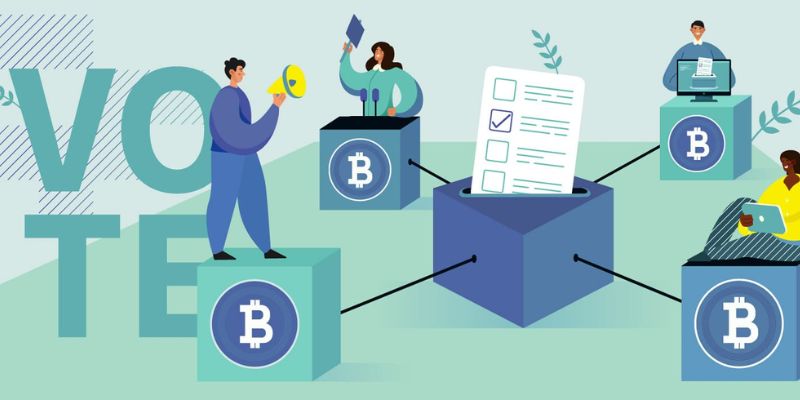
The Role of Cryptography in Bolstering Election Security
Crafting Tamper-proof Voting with Blockchain
Imagine your vote as a locked treasure that only you can open. Blockchain technology makes this a reality in elections. This tech turns your vote into a special code. No one can change it. Each vote joins a chain with tons of others. All linked together, making a strong shield. This is the heart of blockchain.
Now, let’s say someone tries to mess with the votes. They hit a big wall. It’s called cryptography. This is like a secret code for your vote. Only you have the key. With blockchain, your vote stays as you cast it. It’s safe and sound.
Blockchain’s power lies in its community watch. We all keep an eye on the voting process. When votes go on the blockchain, each step is out in the open. We can all see it, but can’t change it. This transparency matters a lot. It builds trust. We know that our vote truly counts and sticks.
Decentralized voting platforms dive deep into security. They spread out the details of each vote. This means no single place holds all the power. That’s good! It gets rid of many tricks bad guys might try. So, we can all sleep well, knowing our votes are safe.
Voter Verification through Cryptographic Measures
When you vote, proving you are you matters. This is where blockchain shines. It wraps your identity in strong tech protection. It uses math to make sure no one can fake being you. Blockchain looks at your ID. Then, it nods and says, “Yes, you can vote. You’re legit.” But here’s the cool part. It does all that without telling anyone else who you are. That’s what we call enhancing voter privacy.
This system works like a smart lock. You have the passcode. You get in, vote, and walk out. And just like leaving a locked house, your vote stays put. No one else gets in. This is how blockchain for tamper-proof voting becomes a game-changer. It takes voter verification to new heights.
Putting your vote on a blockchain ledger is about setting it in digital stone. Think of it like a super-strong safe. Once your vote goes in, it’s locked tight. Then comes a process called consensus mechanisms. People and computers worldwide check the votes. They make sure everything matches up. If they give a thumbs-up, your vote is good to go. If not, alarms go off. We catch the problem fast.
Electoral fraud prevention is serious business. And with blockchain, it’s like having the best security team ever. This tech spots trouble before it starts. It keeps honest votes safe. This gives us all peace of mind.
Smart contracts come into play, too. They’re like robot judges that follow strict rules. If a vote looks fishy, the smart contract says, “This doesn’t count.” It’s another way blockchain keeps elections clean.
For me, diving into the world of secure online voting with blockchain is exciting. It promises more than just a safe vote. It could change voting for good. Imagine everyone trusting the system. That’s the future blockchain offers. And it’s a future we can all look forward to.
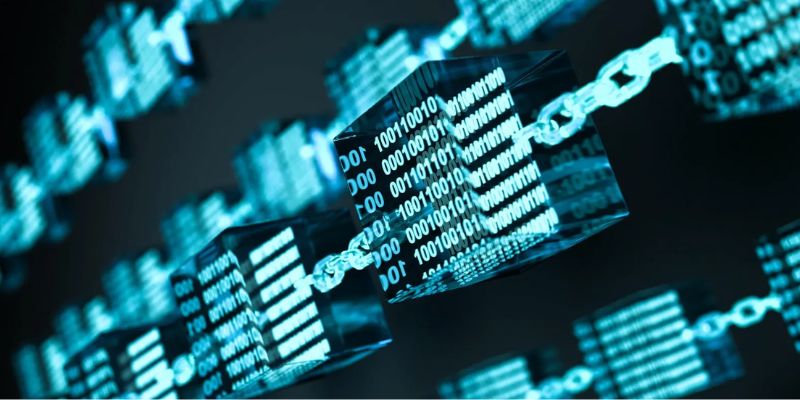
Implementing Transparent and Verifiable E-voting Systems
Distributed Ledger Technology for Real-time Vote Tallying
Let’s talk about votes and counts. You know how we always wait for votes to add up? Well, with blockchain, we can see the tally as it happens, like a game score! Blockchain is a chain of blocks where data is stored. In voting, each vote is a block on the chain. As votes come in, the chain grows. This way, we can count votes fast and right away. Cool, right?
Each block connects with a unique code, called hash. These blocks and codes make sure every vote counts once and only once. This stops cheats who try to vote more. People who look after the blockchain, called nodes, check votes to keep them honest. This makes sure our vote is safe, just like our personal stuff is safe in a locked box.
Blockchain lets us check the vote count anytime. It’s like a group project where everyone gets to watch over everything. If you voted, you can make sure your vote is there. No tricks, no missing votes. Everyone can help make sure it all adds up fair and square. Voters can trust the results because they helped check the count!
Blockchain’s Auditability Feature for Electoral Transparency
Now, about the trusty scoreboard – auditing, they call it. Have you ever played a game where you kept score? One player might say, “Let’s make sure no one cheats at keeping score.” This is what auditing is like with blockchain in elections. We look back at the votes to double-check everything.
Blockchain keeps all vote data safe and sound. What’s more, it stays put – unchangeable. Each vote is like your mark on the wall that shows how tall you were at age 5. Years later, you can’t just rub it off and draw it taller – it’s there forever. Same goes for votes on a blockchain. They’re set in stone, or, in computer speak, they’re “immutable”.
When it’s time to look back at the votes, auditors can check them without changing them. Each vote, or block, has a story – where it came from, who gave it, and when. Audits are open books – tracking each vote to its voter. It’s as clear as the sky on a sunny day. We can see if everything went right, or find any sneaky business.
And here’s the kicker: even us regular folks can help check. With blockchain, you don’t need super skills to look at the results. And don’t worry – who voted for whom stays secret! So, everyone knows the game was fair, but who cheered for which team stays hush-hush. This way, we all know we can trust our elections. Just like we trust the teacher who counts the votes for class president.
This stuff – transparent, fast, and rock-solid – that’s what blockchain brings to e-voting systems. By having everyone watch, we dodge any foul play and keep it all above board. And best of all, we get to see democracy at work. We get a say, we get instant results, and we get trust. That’s how blockchain can change the game for the better in voting.
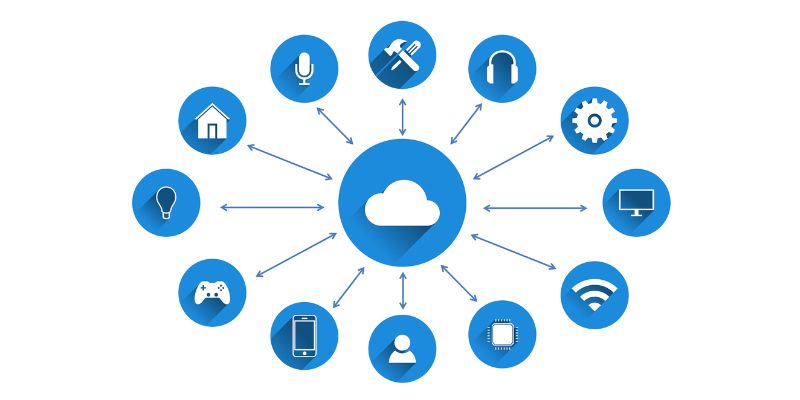
Preventing Electoral Fraud and Building Voter Trust
Combatting Voting Discrepancies Using Smart Contracts
When we talk about secure voting, blockchain tech is a game-changer. Let’s dive into smart contracts – they are like automatic rules. When a person votes, the smart contract checks the rules. Yes, you voted? The smart contract makes sure your vote counts once and only once. This stops fraudsters in their tracks. No more fake votes!
Smart contracts live on the blockchain. This means they are spread out across many places. So it’s super hard for someone to change votes without getting caught. We call this decentralized voting, and it’s a good thing. This way, no single point has control. It keeps votes safe and makes sure elections are fair.
Putting votes in smart contracts is like locking them up safe and tight. Once the vote is in, it can’t be changed. This locks in vote integrity with blockchain. When people know votes are locked up safe, they trust the system. And trust is what we need for good elections.
Think about when you play a game. You want to know everyone plays by the rules. This is like that. Smart contracts are the rules, and everyone has to play by them.
Strengthening Trust in Electronic Voting via Immutable Records
Now, let’s talk about records that can’t be changed – we call this “immutable.” This is the special sauce that makes blockchain so strong for voting.
Each vote is a record on the blockchain. This is like writing in a notebook that lasts forever. Once you write it down, you can’t erase it. That’s what we do with your vote – we write it down so it’s safe forever. This is the immutability feature of blockchain. It means your vote stays your vote.
When records can’t change, people trust them more. It’s like having a promise that’s always kept. This trust is key for electronic voting. It makes everyone sure that the election is what it seems. We can see votes, but we can’t tell who voted. This is how we keep your choice secret but still show the votes are real.
Electronic voting needs good security, just like your computer or phone. Blockchain does this by spreading records across many computers. This distributed ledger technology (DLT) makes it super strong. It’s tough for bad guys to mess with so many copies out there. And with blockchain, we see if someone tries to be sneaky fast. This is real-time vote tallying, keeping everything open and on the level.
In short, blockchain tech keeps votes safe and builds trust. Smart contracts make sure voting rules are followed. Immutable records keep votes from ever changing. This is big for democracy. It’s how we make sure every vote counts and every voice is heard. With blockchain, we can trust that our choices really shape the future. This trust is what makes sure we all play fair, and it keeps our elections secure and straight-up honest.
We dove deep into blockchain’s power for better elections. We saw how it keeps votes secret and safe. This tech stops cheating and makes sure every vote counts. With blockchains, no one can change votes, and checking votes is easy.
Think of voting as a locked box, but now it’s even stronger with cryptography. This way, only real votes count. Everyone sees the results fast and clear with blockchain ledgers. And the records? Solid and true, so we trust the system more.
We need fair elections. Blockchain can help. It’s about safe, true votes for all of us. Let’s make every vote matter.
Q&A :
How does blockchain enhance the security of electronic voting systems?
Blockchain technology can significantly heighten the security of electronic voting systems by providing a decentralized and immutable record of each vote. Through its cryptographic mechanisms, blockchain prevents unauthorized access and alterations to the data, ensuring that votes cannot be changed once cast. This means that each vote is both traceable and irreversible, reducing the risk of fraud and increasing transparency.
What are the benefits of using blockchain for voting systems?
By utilizing blockchain, voting systems can leverage several benefits which include increased trust and integrity in the election process. Some of the key benefits are:
- Enhanced Security: Due to its decentralized nature and cryptographic security, blockchain can drastically reduce the chances of hacking and tampering.
- Transparency and Immutability: Once information is recorded on a blockchain, it cannot be altered, ensuring that the votes are logged accurately.
- Auditability: Every transaction on the blockchain is recorded and can be seen by everyone, making the process auditable by any third party.
- Accessibility: Blockchain voting can be facilitated through mobile devices or computers, potentially increasing voter turnout by making it more convenient.
Can blockchain technology prevent voting fraud?
Blockchain technology has the potential to minimize voting fraud considerably. The cryptographic, decentralized, and transparent nature of blockchain ensures that each vote is verifiable and tamper-evident, reducing the risk of double-voting or manipulation of votes. However, it is important to remember that technology alone cannot solve all the aspects of voting fraud, and complementary measures must be implemented to secure the overall voting infrastructure.
How is voter privacy maintained in a blockchain-based voting system?
In a blockchain-based voting system, voter privacy is maintained through the use of anonymous or pseudo-anonymous credentials that allow voters to cast their votes without revealing their identities. Encrypted votes are recorded on the blockchain, and the technology ensures that while votes can be verified as legitimate, they cannot be traced back to individual voters, thereby preserving anonymity.
Is it possible to implement blockchain voting on a large scale?
Implementing blockchain voting on a large scale poses logistical and technical challenges, but it is possible. The scalability of the blockchain platform chosen, the ability to handle a high volume of transactions, the safeguarding of the infrastructure against technical glitches, and the assurance of equitable access for all voters are critical factors that need to be addressed for successful large-scale implementation. With ongoing advancements in blockchain technology, the potential for scaling up is becoming increasingly plausible.


